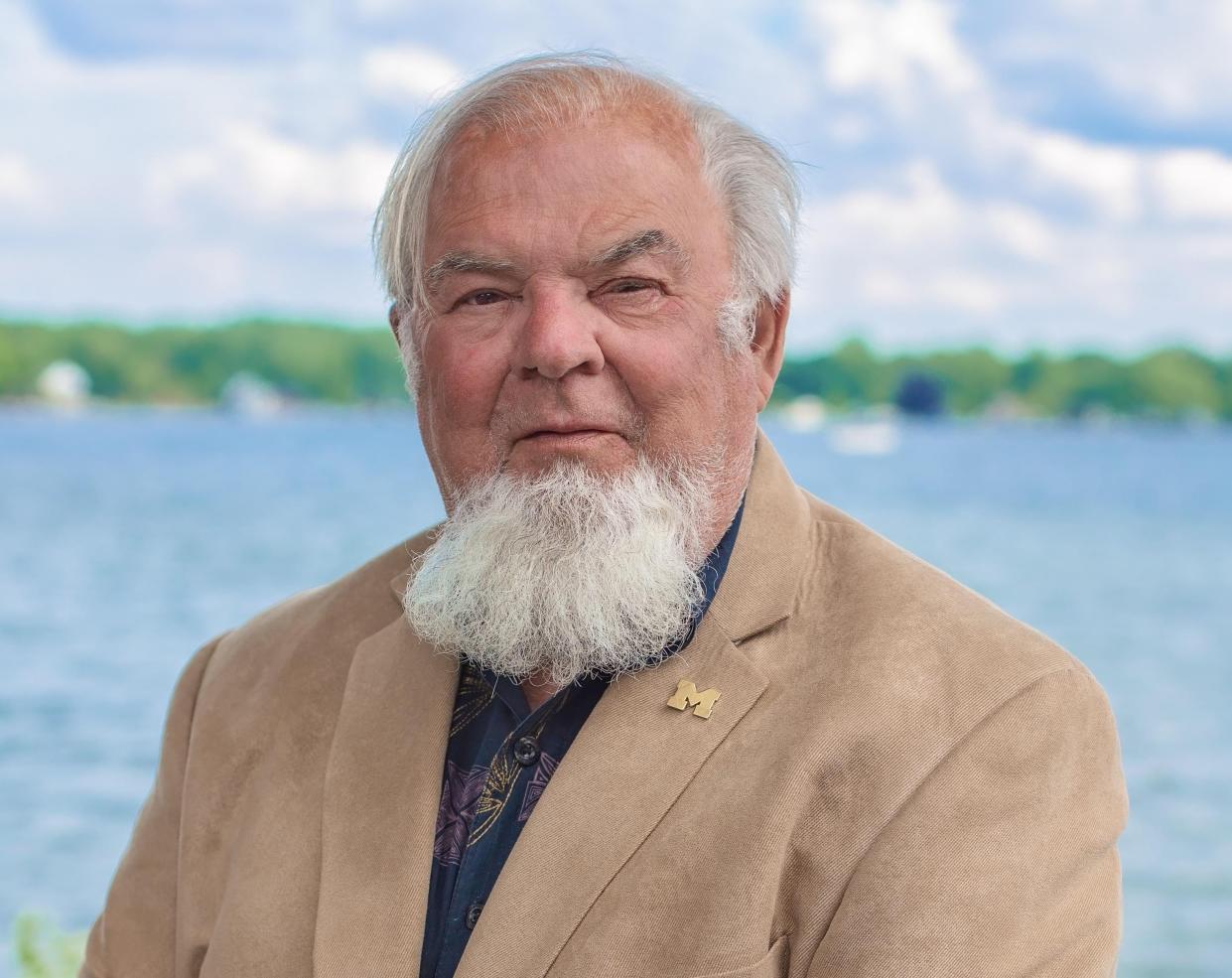Flexibility: Great case of McCulloch v. Maryland

The debate began back in the George Washington administration. Could Congress create a national bank, even though it was not expressly given that power in the Constitution? Alexander Hamilton said yes; Thomas Jefferson said no. Hamilton believed in strong national power; Jefferson and the Republicans (no relation to today’s party) believed in state sovereignty and, as he later put it, “our confederated fabric.” He believed a national bank would undermine state sovereignty.
The fact is that the Constitution did not give power to Congress to create a bank in so many words. The Necessary and Proper Clause would normally be read narrowly; “necessary” as a legal concept means indispensable. Creating a national bank was not necessary for carrying into execution the express powers given to Congress in Article I, Section 8. But it may be useful or convenient. Chief Justice John Marshall is going to define necessary to sometimes mean convenient, especially when it is presented among the powers of Congress, not in the next Section 9 on Congressional limitations.
My thesis is that Marshall went beyond implied power in McCulloch v. Maryland to give Congress a choice of means; that “necessary” was considered to mean “convenient.” He made some law and made some distinctions in the common law tradition to move the nation forward. This active function of the Supreme Court is the reason we can have a constitution for 233 years. John Marshall was the first chief justice to take this active role.
We shall deal here only with whether Congress has the power to create a bank. The answer will be yes.
Unlike states, Congress does not have the general power to govern; its powers are delegated in the Constitution. Maryland argued that these powers should be narrowly construed, because states were the true sovereigns, and that national powers “must be exercised in subordination to the States, who alone possess supreme dominion.” Marshall rejected this theory; he said the people were sovereign. Although the Constitution was written by states, it was a “mere proposal” that the people could accept or reject in their Convention of Delegates, chosen by the people. “From these Conventions the constitution derives its whole authority.” Therefore, the people’s interests should prevail. He asserted the Supremacy Clause.
Marshall made a key distinction regarding the 10th Amendment. It referred to powers “delegated” to the federal government, whereas the Articles of Confederation, our first constitution, referred to powers “expressly” delegated. The omission of the limiting word “expressly” in the 10th Amendment opened it up “to depend on a fair construction of the whole instrument.” He then distinguished a constitution from the “prolixity of a legal code.” He argued that a constitution could not contain the details of a legal code, or statutory law: “only its great outlines should be marked, its important objects designated, and the minor ingredients which compose those objects be deduced from the nature of the objects themselves.” Congress could fill in the gaps by choosing its means.
He then makes some law. He is going to use the normative “must.” “A government with such ample powers … must also be entrusted with ample means for their execution.” Thus, Congress should have a choice of means for carrying into execution its express powers. This goes beyond implied powers to choosing the best means: if the end is legitimate (an express power), “all means … which are plainly adapted to that end … are constitutional.” There is no broader test in our law.
When Marshall deals with the Necessary and Proper Clause, he notes the word necessary usually means indispensable at law, but he asks: “Is it true, that this is the sense in which the word ‘necessary’ is always used? … We think not.” The conclusion is that Congress has a choice of means to allow a convenient and useful execution of policy. Necessary can mean convenient.
It is this flexibility in the common law tradition that allows us to have an effective, yet old, constitution. From time to time, we need a McCulloch-type activist case to set course for the future. Many believe McCulloch is the most important Supreme Court case.
James W. Pfister, J.D. University of Toledo, Ph.D. University of Michigan (political science), retired after 46 years in the Political Science Department at Eastern Michigan University. He lives at Devils Lake and can be reached at jpfister@emich.edu.
This article originally appeared on The Daily Telegram: James Pfister: Flexibility: Great Case of McCulloch v. Maryland

